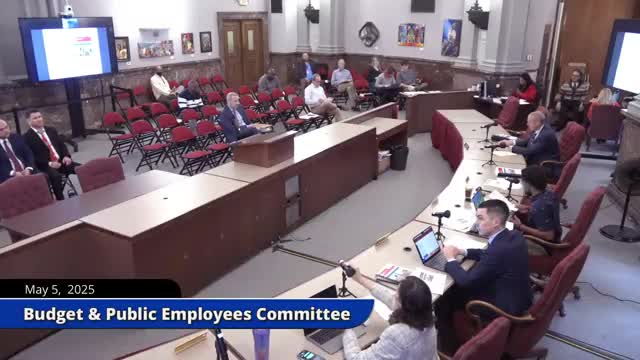Article not found
This article is no longer available. But don't worry—we've gathered other articles that discuss the same topic.
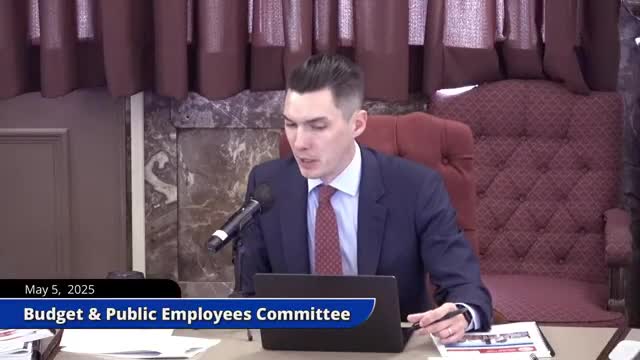
Residents raise transparency and environmental concerns over major incentive package for proposed Israel Chemicals plant
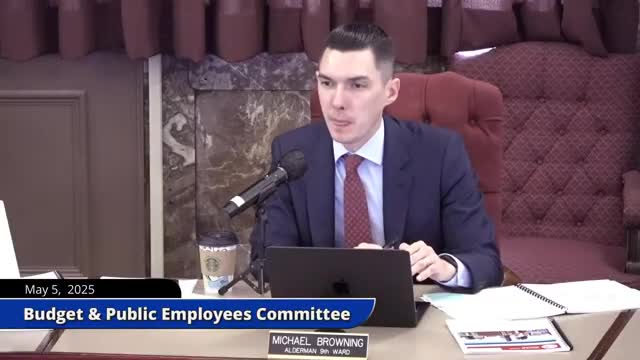
TrailNet and aldermen press for streets and sidewalks funding as budget shows capital drop and gas-tax allocation
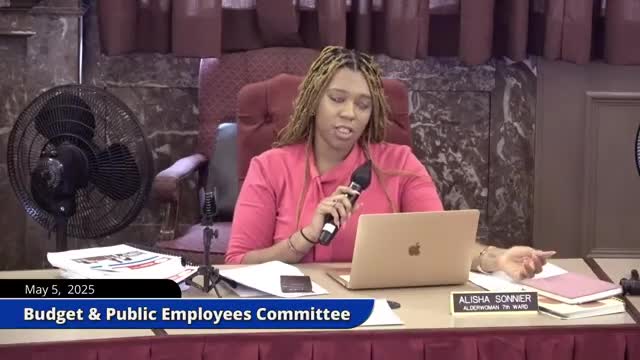
Residents and advocates press aldermen to fund right-to-counsel, tenant impact fund and emergency shelter capacity
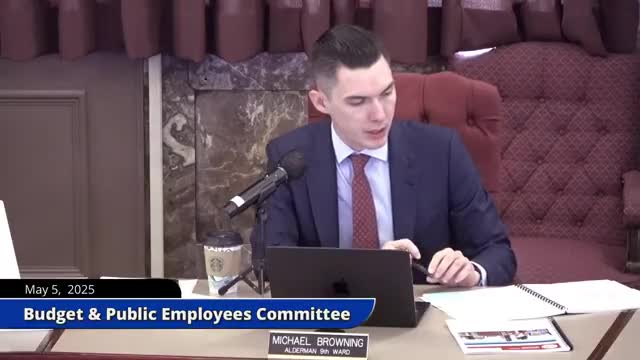
Public-health groups urge larger, stable funding as budget hearing spotlights department's limited share
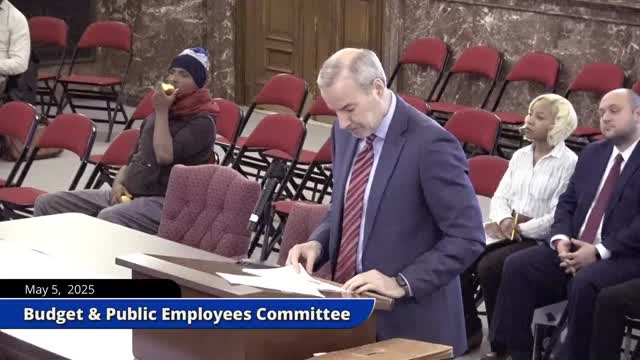
Budget shifts costs into police internal-service fund; aldermen press for clarity as state retains policing authority
